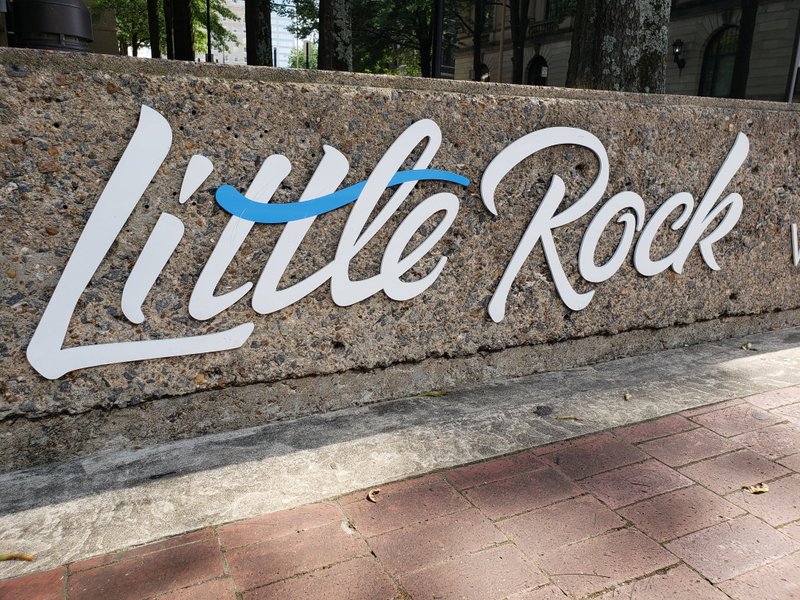When they meet this evening, members of the Little Rock Board of Directors will get the opportunity to call an Aug. 9 special election seeking voter approval for issuing bonds and extending 3 mills tied to capital improvements.
According to the election ordinance before the board, the city plans to issue bonds in the maximum aggregate principal amount of $161.8 million. Half of the money is expected to fund street and drainage improvements.
If the Aug. 9 special election goes forward as planned, voters in Little Rock will be presented with six ballot questions. They will have the opportunity to vote for or against each item.
Ordinances must receive three readings before they can receive a final vote for adoption. The ordinance calling the special election has yet to receive a first reading, so board members tonight will have to advance the measure through three readings in the same session if they want to immediately tee up the referendum.
The capital-improvement millage in Little Rock has been repeatedly extended at different amounts in a series of elections since the 1958 referendum that first enacted the tax.
Each mill represents the dollar amount of tax paid on every $1,000 of the tax-assessed value of a piece of property.
The Little Rock capital-improvement millage was last extended at the three-mill rate because of a September 2012 referendum in which voters approved using bond proceeds on street and drainage improvements.
The latest series of bonds associated with the 2012 millage will be "fully redeemed" on Oct. 1, according to the election ordinance before the board.
Because of a recently enacted state law, governmental entities that want to refer matters to voters in a special election are limited to four times per year.
Discussions about extending the millage picked up speed beginning in February at the urging of City Manager Bruce Moore. In April, the city board voted to pursue a stated term of 20 years with two bond issuances.
Finally, members of the city board on May 3 adopted a resolution to prepare the election ordinance; the measure also laid out categories of planned spending under the bond proposal.
In a 6-4 decision at that meeting, city directors voted to increase the allocation for parks by 10%, reducing the planned allocations for streets and drainage by 5% each.
According to the election ordinance, bonds will be issued for the following categories and maximum aggregate principal amounts:
• Streets ($40.5 million).
• Drainage ($40.5 million).
• Fire apparatus ($19.5 million).
• Parks and recreation, including the Little Rock Zoo ($37 million).
• New District Court facility ($8.5 million)
• Little Rock P.ort industrial park ($15.8 million).
The pledge to build a new district court facility is a holdover from an earlier tax package.
A three-eighths percent (0.375%) sales tax for capital improvements voters approved in 2011 was meant to finance construction or renovation of the Police Department's headquarters building as well as the Little Rock District Court building, among other things, according to a resolution city officials approved at the time.
After construction concludes, police officials will move into their new headquarters -- a renovated structure on West Markham Street -- but funding was not available for construction of a new District Court building. The 2011 sales tax for capital improvements expired at the end of last year.
